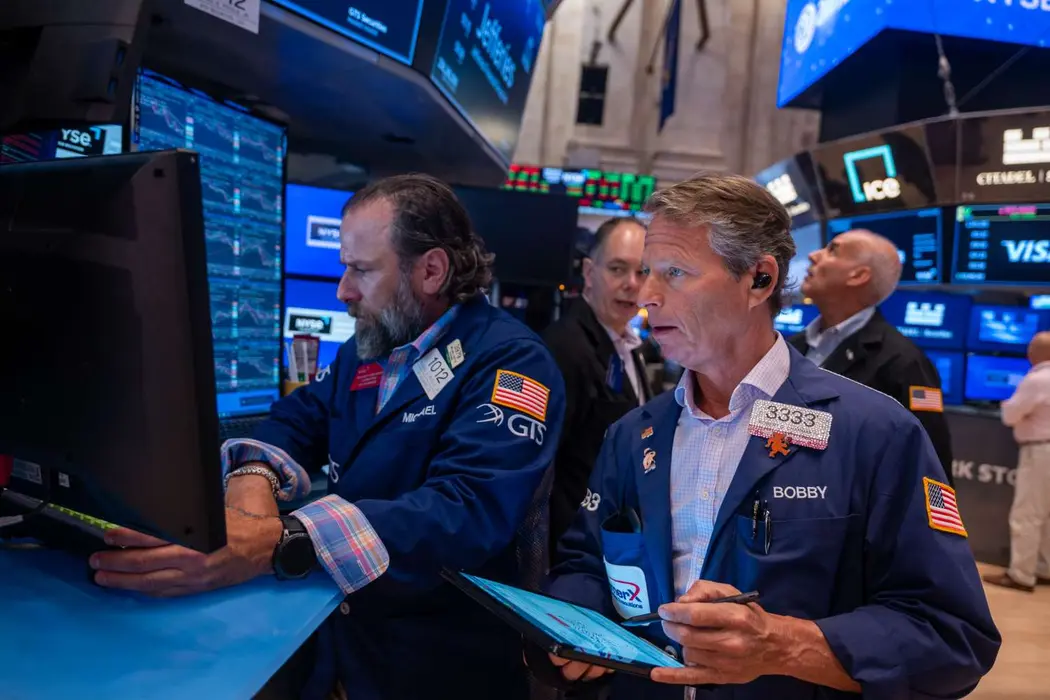T4K3.news
Trump announces 100% computer chip tariff unless firms invest in US
President Trump threatens tariffs unless tech companies commit to US-based production.
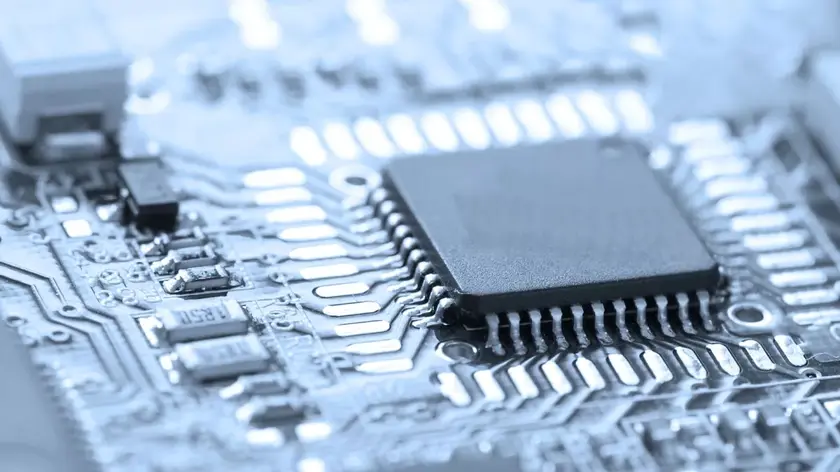
The new tariff plan puts pressure on tech companies to shift production to the US.
Trump threatens 100% tariff on computer chips unless US production increases
President Donald Trump announced that he would impose a 100% tariff on computer chips unless companies agree to build production facilities in the United States. This decision follows more than three months after Trump temporarily exempted most electronics from similar tariffs. The announcement was made with Apple CEO Tim Cook, who pledged an additional $100 billion investment in US manufacturing. This brings Apple's total commitment to $600 billion. Other companies like TSMC and Nvidia have also promised to increase their investments in the US. The new tariff proposal comes at a time when demand for computer chips is rising globally, increasing almost 20% over the past year. However, this tariff threat diverges from the plans initiated by President Biden to boost chip production through financial support and incentives. Trump is betting that these tariffs will push companies to relocate production domestically, despite potential negative impacts on corporate profits and consumer prices.
Key Takeaways
"Trump is betting that the threat of dramatically higher chip costs will force companies to open factories domestically"
This highlights the administration's push for increased domestic production despite potential risks.
"Demand for computer chips has been climbing worldwide, increasing 19.6%"
This statistic demonstrates the ongoing growth in the chip industry, despite looming tariffs.
"The bipartisan CHIPS Act aimed to boost production with financial support, contrasting with Trump's tariff approach"
This reflects the different strategies between the current and previous administrations to address chip production.
"The fear of price hikes could deter consumers and reduce demand for tech products"
This statement anticipates consumer reactions to the proposed tariffs and their potential impact on sales.
This aggressive tariff strategy highlights a significant shift in economic policy towards protectionism, which could reshape the technology landscape in the US. By leveraging tariffs against companies, Trump aims to bolster domestic manufacturing at the cost of higher product prices. However, the long-term effects of such policies remain uncertain. While some corporations may respond positively, the fear of possible price hikes could deter consumers and reduce demand for tech products. As Trump pushes for a return to domestic production, the contrasting approaches by recent administrations underscore a growing divide in economic strategies, raising questions about the future stability of the tech industry in the US.
Highlights
- Higher tariffs may push companies to rethink their production strategies.
- Investing more in the US may not save companies from price increases.
- Can US manufacturing keep up with global chip demand?
- The balance between profit and price could define the tech landscape.
Significant risks associated with Trump's tariff announcement
The proposed 100% tariff could lead to higher consumer prices and may adversely affect corporate profits.
As these developments unfold, the tech industry could face a pivotal moment regarding domestic production and pricing strategies.
Enjoyed this? Let your friends know!
Related News
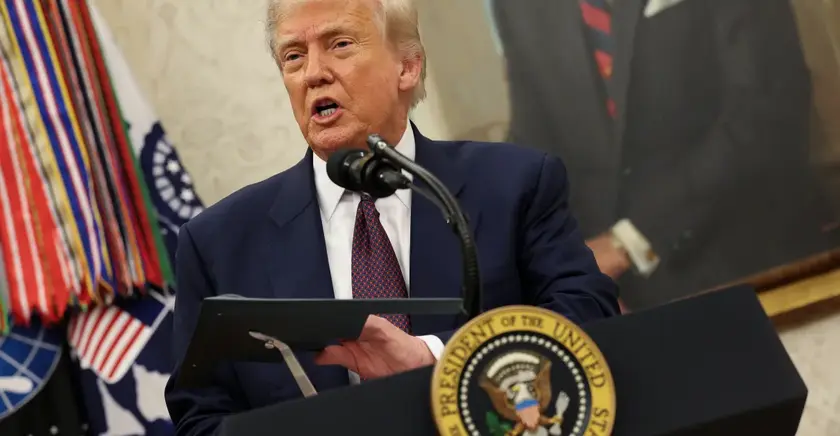
Trump to impose 100 percent tariff on computer chips

Manufacturing revival linked to new US tariffs announced
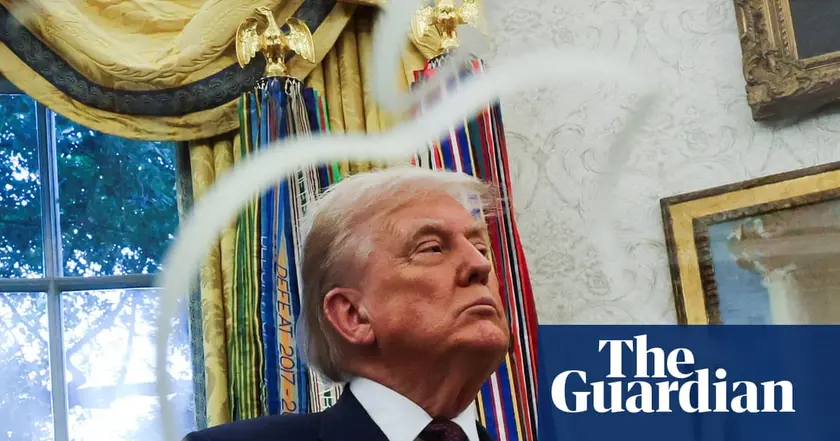
Trump proposes 100% tariffs on foreign computer chips
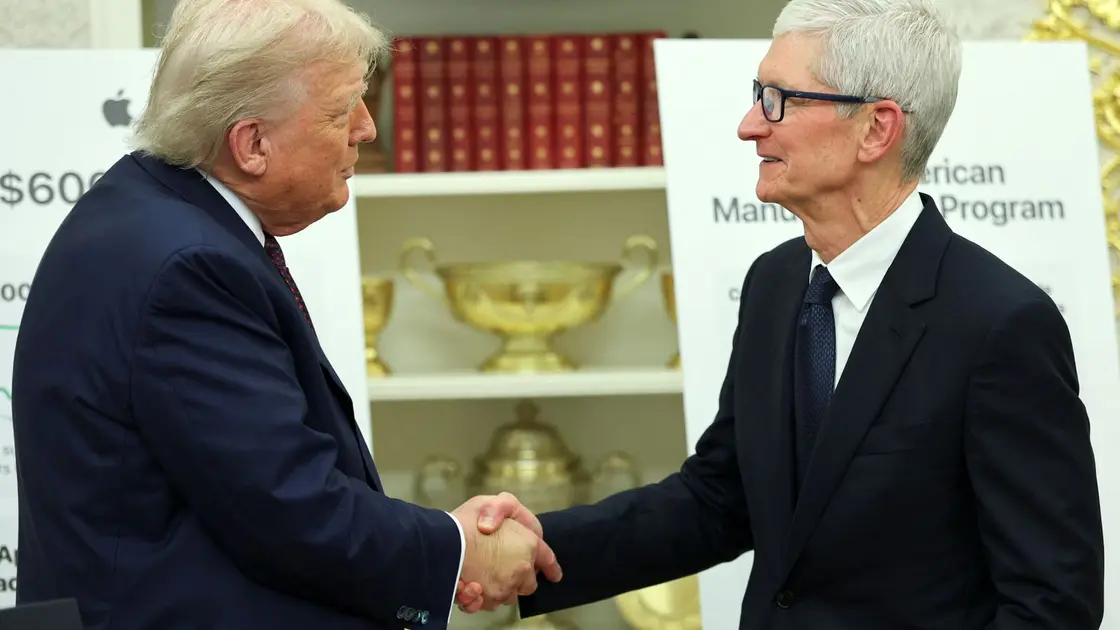
Trump announces new tariffs on electronics
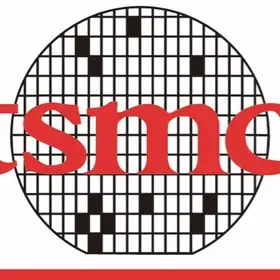
TSMC stock soars after US tariff exemption
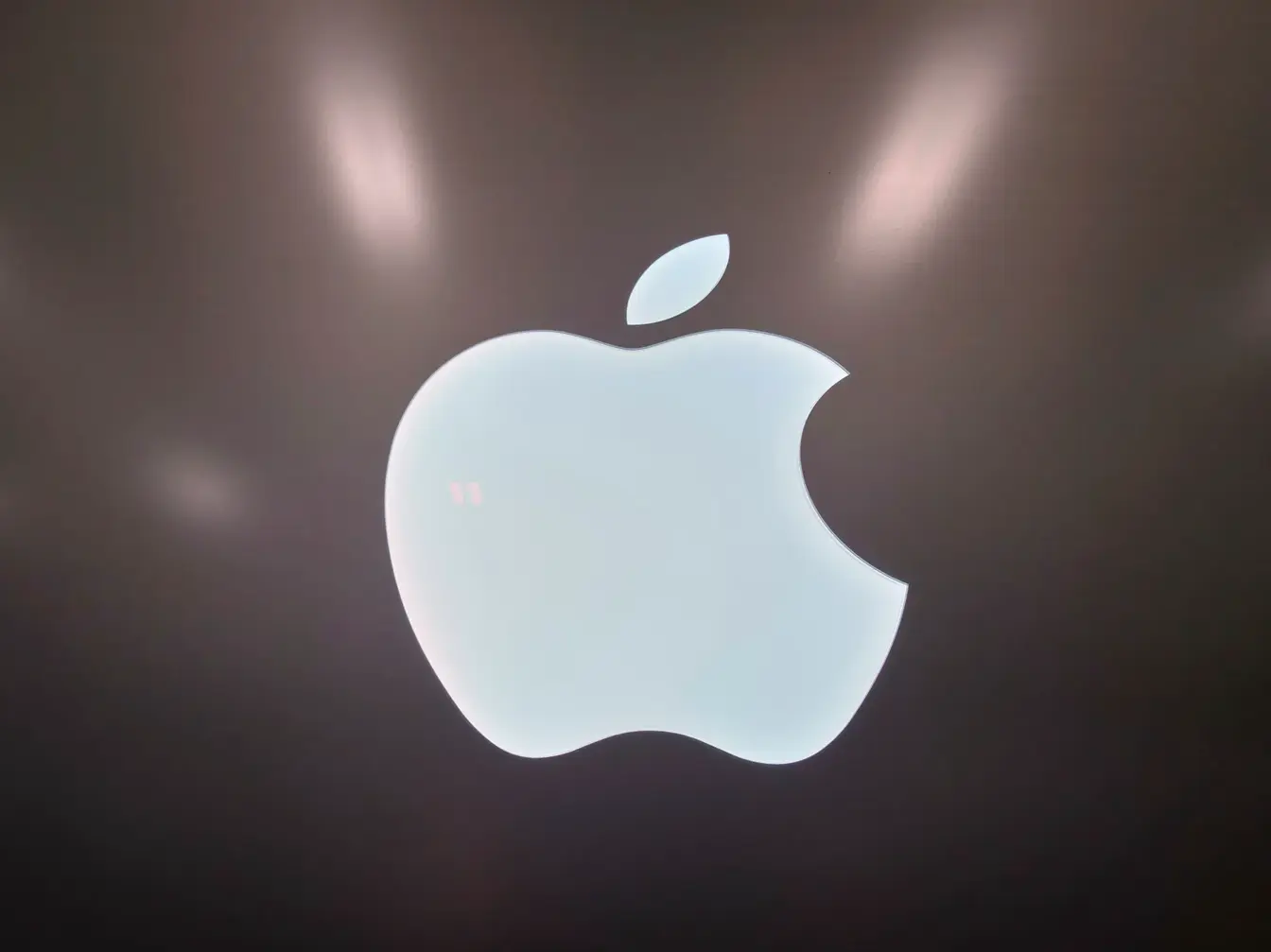
Apple announces additional $100 billion investment in the US
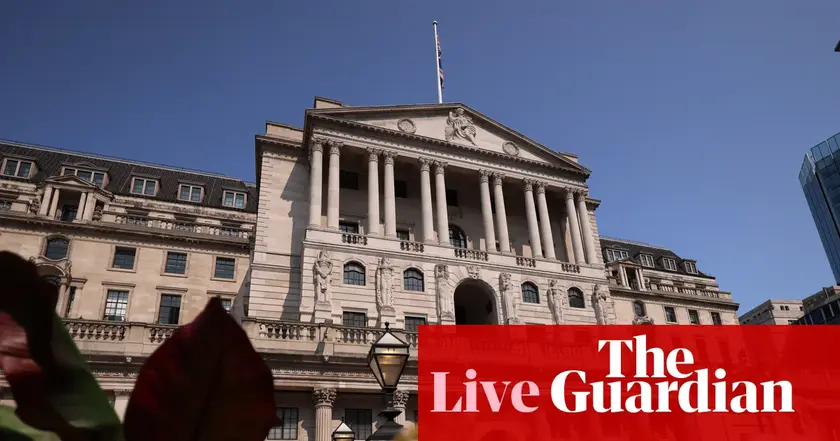
Trump tariffs take effect; Bank of England set to cut rates

Markets rise as Ukraine talks loom
